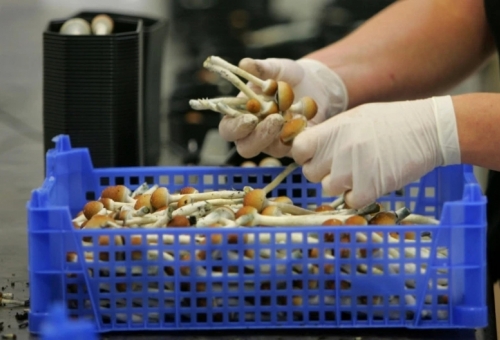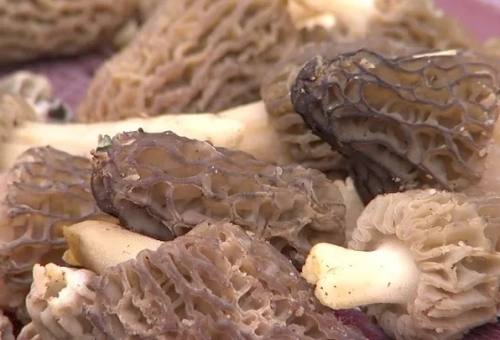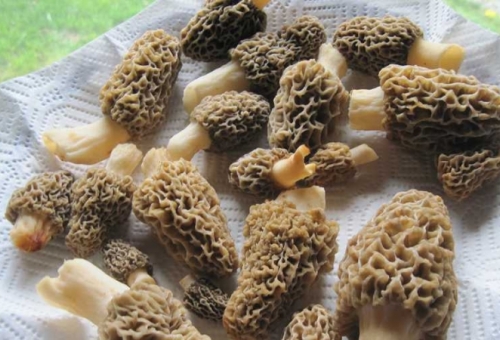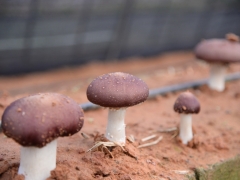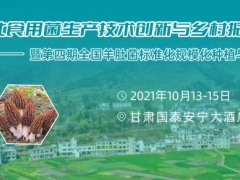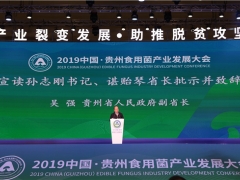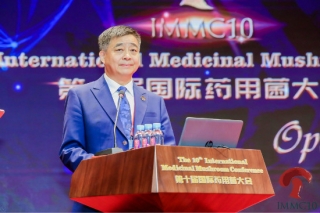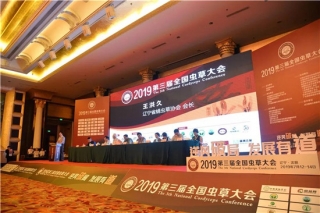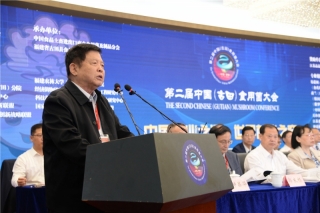Windhoek — At least 100 delegates from all over the world are meeting in Windhoek for the University of Namibia-hosted 3rd African Conference on Edible and Medicinal Mushrooms that started on Sunday.
The conference, being held in Namibia for the first time, brings together scientists, farmers, donors and companies interested in the science of mushroom production from as far afield as Nigeria, Ghana, Togo, Cameroon, Uganda, Tanzania, Kenya, South Africa, Namibia, Zimbabwe, Malawi, China, Serbia, Croatia, the United States of America and Japan.
The University of Namibia (Unam) is organizing the conference through its Department of Biological Sciences and the Zero Emissions Research Initiative (Zeri) project.
Unam's Dr Percy Chimwamurombe chairs the local organizing committee for the conference and is the executive secretary of the African Society for Edible and Medicinal Mushrooms (Asemm). He said approximately 40 of the delegates to this conference are from outside Namibia.
"We have targeted to receive at least 100 people. The scientific programme will run for three days but within that period there is a field excursion that we've planned," he said, adding that some activities would be held at the Ministry of Mines and Energy Auditorium, while others would happen at the Safari Hotel.
Namibia's Minister of Agriculture, Water and Forestry John Mutorwa is expected to deliver the keynote speech at the conference, whose theme is: 'Mushrooms, Food and Nutriceuticals for Africa'.
Observers say the theme is relevant given that all over the world food shortages and malnutrition are major problems and mushrooms can provide a cheap way of ensuring that people are not malnourished.
In Namibia, Unam through its Zeri unit has been working towards promoting production and consumption of mushrooms. In addition to training members of the community to produce mushrooms, Unam has begun work on domesticating wild and medicinal mushrooms.
The Zeri project is now establishing a unique technology park to train farmers and entrepreneurs in the production of capsules of medicinally important mushrooms. The facility, known as the Ganodema Technology Park, is the first such facility in Namibia focusing on medicinal mushrooms in Africa. It uses a mushroom called Ganodema lucidum for proof of concept and subsequently training farmers.
A new mushroom house has been built and plans are afoot to build the capsule-making laboratory soon. Expectations are that when fully operational, the Ganodema Technology Park will generate revenue through training and the selling of Ganodema powders to the local pharmaceutical industry.
As things stand local pharmaceutical companies import Ganodema powders from eastern countries that include the People's Republic of China and Malaysia.
Interest in Ganodema has grown over the past few years in southern Africa after it emerged that it has life-prolonging properties.
In Namibia, Ganodema naturally occurs in the hardwood forests of the northern parts of the country.
Chimwamurombe said many papers would be presented during the conference.
"Most of the papers will be in the context of the conference theme and will discuss protocols and methodologies of producing mushrooms through cheaper ways utilizing cheaper resources. Some papers will deal with evidence showing that mushrooms are of medicinal value."





